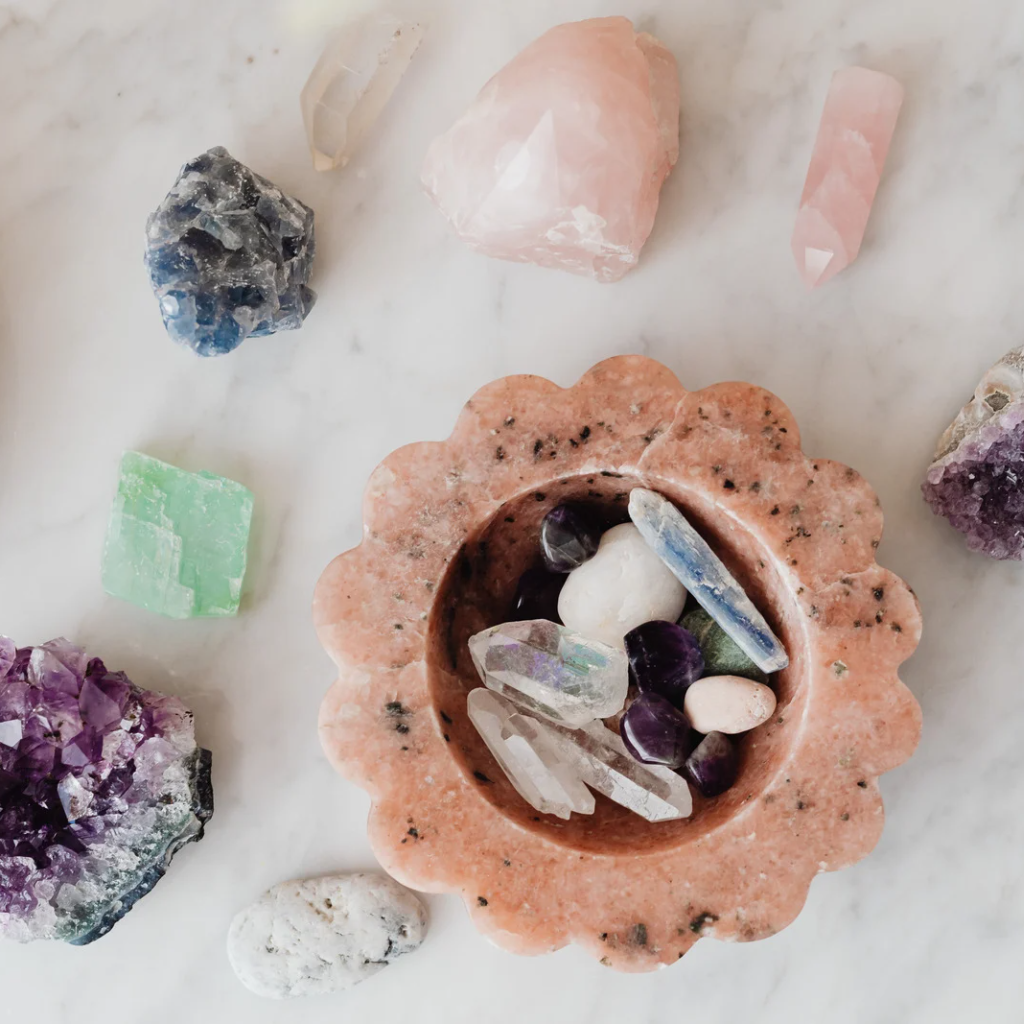Yoga for Better Sleep: Reclaiming Your Restful Nights

Sleep is a fundamental aspect of our lives, essential for physical health, mental well-being, and overall quality of life. However, in today's fast-paced world, many people struggle to get a good night's sleep due to various factors like stress, anxiety, and poor lifestyle choices. One effective and holistic way to combat these issues and improve sleep is through the practice of yoga. In this blog post, we will explore how yoga can help you achieve better sleep, including specific poses, tips, and the numerous benefits it offers.

Understanding Sleep and Its Challenges
Before delving into how yoga can improve sleep, it's essential to understand the common challenges people face when it comes to getting a good night's rest.
Stress and Anxiety: The modern world is rife with stressors, from work pressures to personal relationships. Chronic stress and anxiety can significantly disrupt sleep patterns, making it challenging to fall asleep or stay asleep throughout the night.
Poor Lifestyle Habits: Irregular sleep schedules, excessive caffeine or alcohol consumption, and lack of physical activity can all contribute to sleep problems.
Digital Devices: The use of smartphones, tablets, and computers before bedtime exposes us to blue light, which can interfere with our body's natural sleep-wake cycle.
Medical Conditions: Certain medical conditions, such as sleep apnea, restless leg syndrome, or chronic pain, can lead to sleep disturbances.
Environmental Factors: Noise, temperature, and uncomfortable bedding can also impact the quality of your sleep.
Now, let's explore how yoga can be a powerful tool to address these challenges and promote better sleep.
Yoga Poses for Better Sleep
Yoga incorporates a combination of physical postures, breathing exercises, and meditation techniques that can help calm the mind and relax the body, making it easier to fall asleep and stay asleep. Here are some yoga poses and practices specifically tailored to improve your sleep:
Child's Pose (Balasana): This gentle, restorative pose stretches the back and hips while calming the mind. It can be especially helpful for releasing tension in the lower back.
Legs Up the Wall (Viparita Karani): This inversion pose promotes relaxation and reduces stress. It also helps with circulation and can relieve tired or swollen legs.
Corpse Pose (Savasana): Often used at the end of a yoga session, Savasana involves lying down, closing your eyes, and focusing on deep, slow breaths. It's an excellent way to relax your entire body and prepare for sleep.
Cat-Cow Pose (Marjaryasana-Bitilasana): This gentle flowing movement helps to relieve tension in the spine and increase flexibility. It can be calming when performed slowly and mindfully.
Standing Forward Bend (Uttanasana): This pose stretches the entire back of the body and can release tension in the neck, shoulders, and lower back.
Bridge Pose (Setu Bandha Sarvangasana): A gentle backbend that opens the chest and stretches the spine. It can be relaxing and help reduce anxiety.
Supine Spinal Twist (Supta Matsyendrasana): This twist helps release tension in the lower back and improves spinal mobility, making it easier to relax before sleep.
Alternate Nostril Breathing (Nadi Shodhana): A pranayama (breathing) technique that balances the nervous system, calms the mind, and reduces stress and anxiety.
Tips for Incorporating Yoga into Your Sleep Routine
Now that we've covered some yoga poses for better sleep, here are some practical tips to help you incorporate yoga into your bedtime routine effectively:
Consistency is Key: Try to establish a regular yoga practice before bedtime, ideally at the same time each night. Consistency helps signal to your body that it's time to wind down.
Create a Calm Space: Find a quiet, clutter-free space in your home where you can practice yoga and meditate. Dim the lights to signal to your body that it's time to relax.
Use Props: Yoga props like blankets, bolsters, and yoga blocks can enhance your comfort and support during poses, making it easier to relax.
Focus on Breathing: Deep, mindful breathing is a key component of yoga's calming effect. Pay attention to your breath and use it as a tool to quiet the mind.
Limit Screen Time: Avoid using electronic devices at least an hour before bedtime. The blue light emitted by screens can interfere with your body's production of melatonin, a hormone that regulates sleep.
Stay Hydrated: Dehydration can disrupt sleep. However, avoid drinking large amounts of water right before bed to prevent waking up for bathroom trips during the night.
Benefits of Yoga for Better Sleep
Now that you know how to incorporate yoga into your sleep routine, let's explore the various benefits it offers for improving the quality of your sleep:
Stress Reduction: One of the most significant benefits of yoga is its ability to reduce stress. Through mindfulness, deep breathing, and physical postures, yoga calms the nervous system, lowers cortisol levels (the stress hormone), and promotes relaxation.
Enhanced Relaxation: Yoga encourages the release of tension in the muscles and mind, helping you unwind after a long day.
Improved Flexibility and Mobility: Regular yoga practice can increase your flexibility and reduce discomfort caused by stiffness, making it easier to find a comfortable sleeping position.
Better Sleep Quality: Yoga can help you fall asleep faster, sleep more soundly, and wake up feeling more refreshed. It can also reduce the frequency of nighttime awakenings.
Mindfulness and Awareness: Yoga teaches mindfulness and self-awareness, which can help you identify and address the underlying causes of sleep disturbances, such as anxiety or racing thoughts.
Enhanced Breathing: Pranayama techniques in yoga can improve lung function and oxygenate the body, leading to better sleep and increased overall vitality.
Reduced Pain: Yoga can be effective in alleviating chronic pain conditions that might be disrupting your sleep, such as back pain or arthritis.

Why You Might Struggle to Sleep
Understanding why you might be struggling with sleep is crucial to finding the right solution. Here are some common reasons people have difficulty sleeping:
Stress and Anxiety: Worrying about work, family, or other life events can lead to a racing mind that makes it challenging to relax and fall asleep.
Poor Sleep Hygiene: Irregular sleep schedules, excessive caffeine or alcohol consumption, and using electronic devices before bedtime can disrupt your sleep patterns.
Medical Conditions: Certain medical conditions like sleep apnea, restless leg syndrome, or chronic pain can make it difficult to get restful sleep.
Environmental Factors: Noise, temperature, and an uncomfortable mattress or pillow can all impact your sleep quality.
Lifestyle Choices: Lack of physical activity or a sedentary lifestyle can affect sleep quality, as can poor diet and irregular eating patterns.
Why Yoga is Good for You
Now that you understand the common obstacles to good sleep and how yoga can help address them, let's explore why yoga is a particularly good choice for improving your sleep:
Holistic Approach: Yoga offers a holistic approach to well-being, addressing both the physical and mental aspects of sleep disturbances. It promotes relaxation, reduces stress, and enhances overall health.
Customizable Practice: Yoga is highly adaptable to individual needs. You can choose gentle, restorative poses if you need relaxation or opt for more vigorous styles like power yoga if you seek physical activity.
Mind-Body Connection: Yoga encourages the connection between your mind and body, helping you become more aware of your thoughts, emotions, and physical sensations. This awareness can be invaluable in identifying and addressing sleep-disrupting factors.
Non-Invasive: Unlike medication, which can have side effects and potential dependency issues, yoga is a natural, non-invasive method for improving sleep.
Long-Term Solution: While medication may provide temporary relief, yoga offers long-term benefits. As you continue to practice, you build resilience against stress and sleep disturbances.
Improved Overall Health: Beyond better sleep, yoga offers a wide range of physical and mental health benefits, including improved flexibility, strength, and mental clarity.
Accessible to All Ages: Yoga is accessible to people of all ages and fitness levels. Whether you're a beginner or an experienced practitioner, there are yoga practices suitable for you.
Incorporating yoga into your daily routine can be a powerful tool for improving your sleep quality and overall well-being. By reducing stress, promoting relaxation, and enhancing mindfulness, yoga addresses many of the underlying factors that disrupt sleep. Additionally, the physical benefits of increased flexibility and reduced pain can make it easier to find a comfortable sleeping position.
Remember that developing a consistent yoga practice takes time, so be patient with yourself. Gradually, you'll discover the positive impact it has on your sleep and overall health. So, roll out your yoga mat, embrace the practice, and reclaim your restful nights through the transformative power of yoga. Sweet dreams await.



Leave a comment